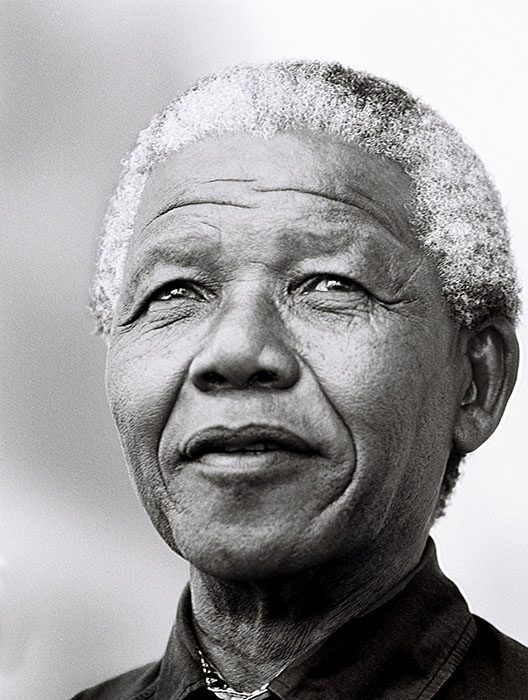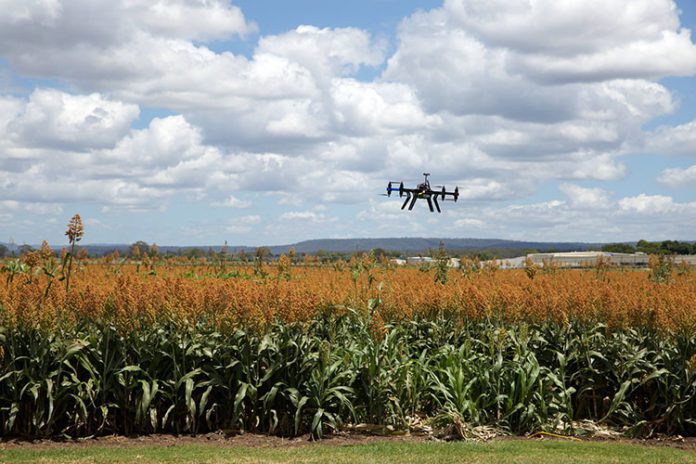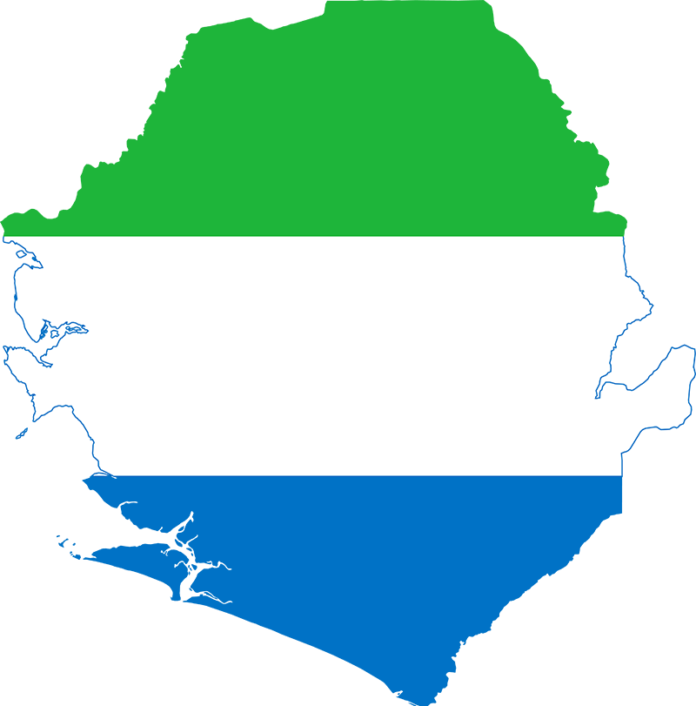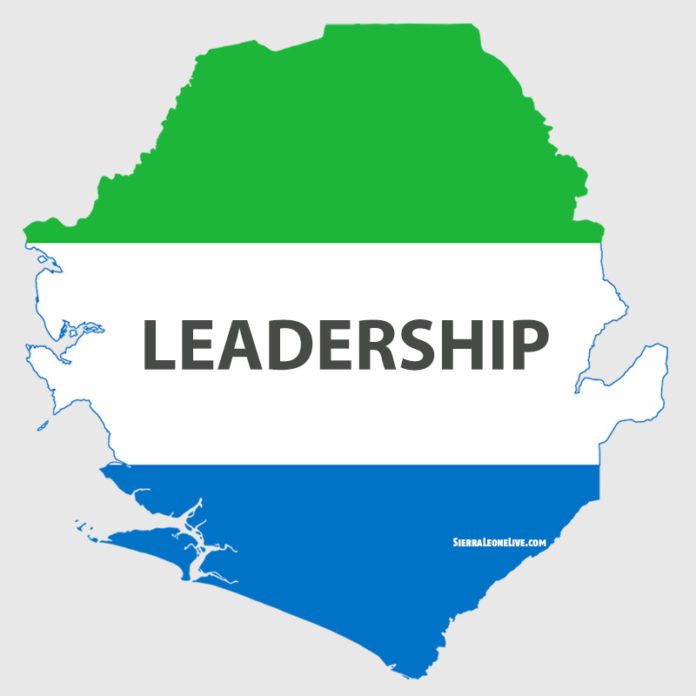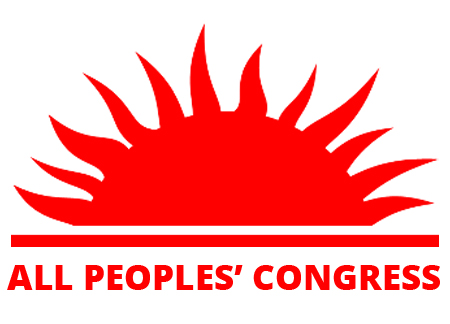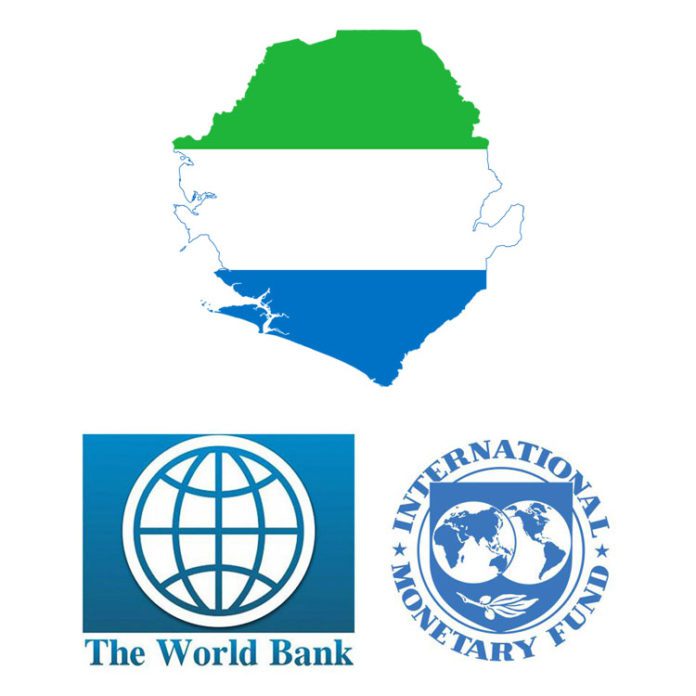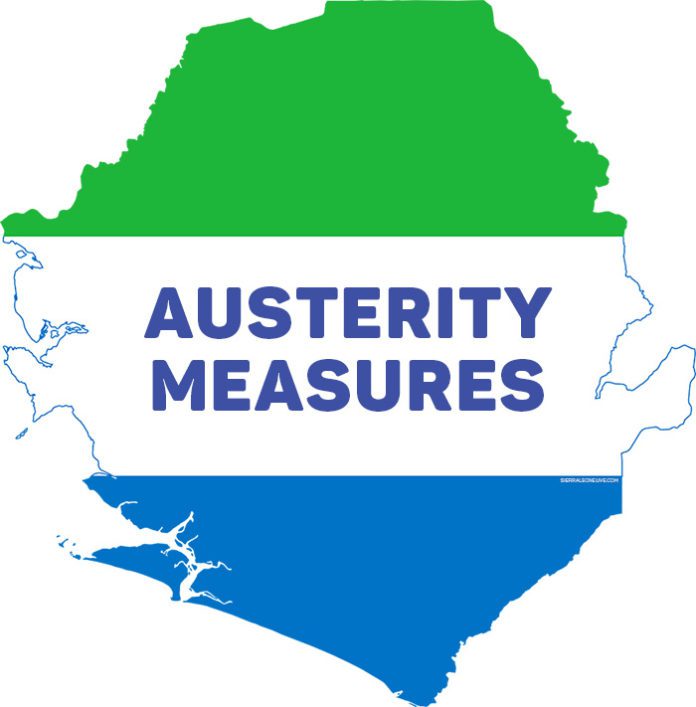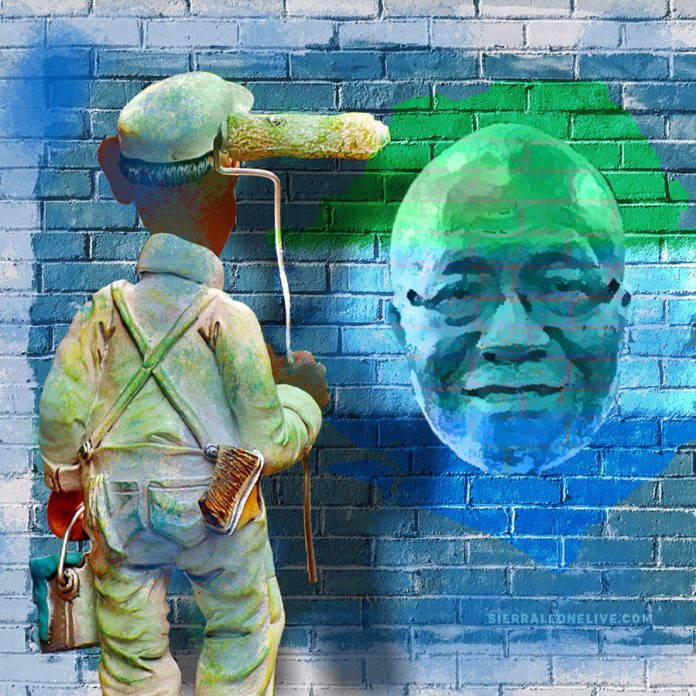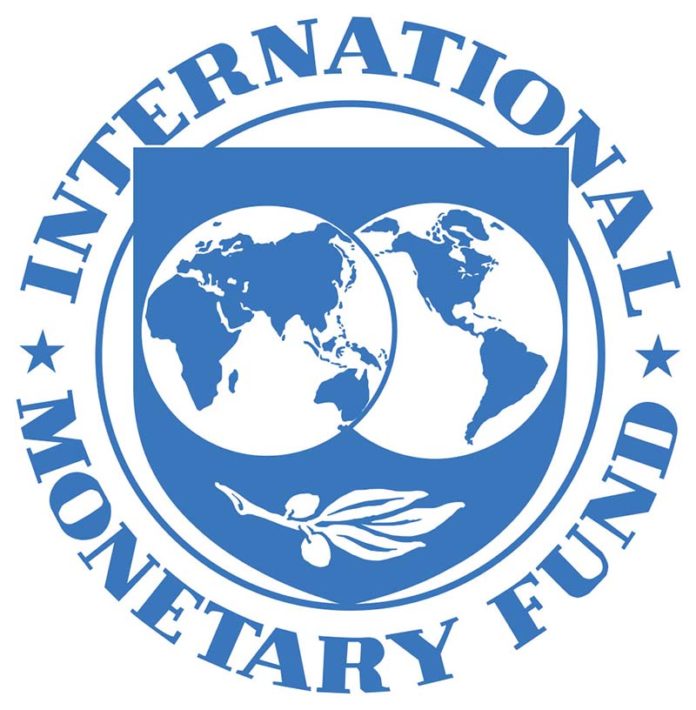
Nelson Mandela led a singular life of sacrifice, dignity, and political genius that brought about the peaceful end of one of the great evils of the African continent’s liberation struggles. The most important lesson he left us with, however, is not about the promise of visionary leadership. Rather, I believe, it is about the potential within each of us individually – men, women, citizens everywhere – to help build just and cohesive societies.
On a continent cursed by the blight of the “big man” leader, Mandela – our one leader deserving of that status – rejected the rule of strongman in favour of a commitment to establishing lasting democratic institutions. At every juncture – when he could have made the struggle, and the ultimate victory, over apartheid about himself – he invested his authority in building a Party, a State, and a Rule of Law that was greater than any individual. By stepping down after one term in office, the former South African president set an example that too few of his peers in the continent had the courage to follow.
Coming from the most unequal of societies, he understood the corrosive nature of great divisions of wealth and power. And he knew that, for future generations of South Africans, political rights were incomplete without economic rights and access to equal opportunities. Something Sierra Leone lacks, since gaining independence until today. So, what legacy can we follow from our elders in past and current social positions of trust in Sierra Leone who continue to train and feed the potential human resources of Sierra Leone (the youth) their unproductive politics and narcotics in order to make them permanent political tools and further widen the inequality gap in the country?
For my generation of Africans, Mandela performed exceptional service.
During the independence struggle of Sierra Leone, more than half – a century ago, those who were fortunate then witnessed the exhilarating possibility of positive peaceful change, only to later see Sierra Leone’s youthful hopes for self-determination and economic development betrayed by more than half a century of misrule from civilian governments and military coups. By ending Sierra Leone’s eleven years deadly war peacefully through a relentless commitment to dialogue, reconciliation, and power-sharing, as well as an extraordinary partnership with the late Revolutionary United Front’s Corporal Foday Sankoh (the brutal rebel figurehead, whose status became similar to that of the then Vice President in the late President Ahmad Tejan Kabbah’s government). That restored Sierra Leoneans’ faith as nationals in the possibility that we might, with our own hands, shape a future worthy of the immense sacrifice of our youth in the eleven years of deadly war caused by the actions of our very self-centered politicians.
However, 20 years since the end of one of the most brutal wars fought in modern history, our political figureheads and others in social positions of trust remain the same. As all the factors that were responsible for the eleven years of civil war continue to manifest themselves vividly in all works of life.
Sierra Leone continues to be governed by elected rulers falsely committed to building sustainable pillars of legitimate government to serve all nationals irrespective of their tribes, political party affiliations, geographical locations, religion, and status as stated in our constitution. This would have been a reflection of how Mandela’s example continues to inspire Sierra Leone if these commitments had been lived up to. A mischievous sense of humour and an irreverent attitude to power were powerful weapons in a formidable personal armoury. Mandela may have been the world’s best known and most revered political figure, but he was the most gentle, good-humoured, and mischievous of icons.
These were the words of the late UN Secretary General, Mr. Kofie Anan, when I asked him about his thoughts on Mandela’s legacy whilst addressing us at the Young African Leaders Summit hosted by his Kofi Anan Institute in Accra: “As UN secretary general, I grew used to being greeted by him, with a big smile, as “Boss.” I made a point of speaking to him regularly on the telephone and he remained an indispensable source of wisdom and guidance beyond my day-to-day crisis management.
When it came to facing the reality of HIV/Aids in Africa, Mandela was an inspiration to all of us who came together to create the Global Fund to Fight Aids, Tuberculosis, and Malaria. In the run-up to the catastrophic invasion of Iraq in 2003 – as I sought to secure through peaceful means Iraq’s compliance with the resolutions of the UN Security Council – Mandela’s reassuring voice would steady my resolve to seek unity over division.
In brokering a power-sharing agreement between Burundi’s squabbling parties, his admonition to them – “The way you are behaving makes me feel ashamed to be an African” – carried a force that no militia, however misguided, could ignore. His unique global authority – moral, political, and personal – set a very high bar for those who would persist with the folly of conflict.”
Though I was too young by then, for all that I believe Mandela’s example has become a common heritage of humanity, he was at his core, an African. Completing his long walk to freedom is not, however, about finding “another Mandela” in many African states including my tiny Sierra Leone with its huge mineral deposits that continue to benefit the selected few and neocolonial corporate rogues at the expense of the suffering majority. Irrespective of our country’s small population, our political figureheads are still struggling to combine sound governance and the legitimate exercise of power. This is not the answer where true patriotism is practiced, nor is it Mandela’s legacy.
From my always sound discussions with the former UN Secretary General whom I last spoke with as he was preparing for the Climate Change Summit in Paris before his demise; what Mandela taught all of us is that it is for individual African men and women – empowered and educated citizens of their countries and their continent – to take responsibility for their societies and establish accountable institutions that serve all the people and not just the elites, be they economic or political. And that is why it is so exciting to witness the development of robust journalism and civil society organisations across Sierra Leone and the African continent, determined to hold leaders and governments to account.
Almost 10 years ago today, from a book I am privileged to get from the former UN Secretary General, Mandela said South Africa had come as far as it had on the path to peace and democracy only because the world had set his country. This is a moral example that we had dared to follow after late President Ahmad Tejan Kabbah set the stage during his presidency and Sierra Leone was on the verge of genuine economic transformation.
As we mourn his passing and honour his memory, the task for youth, leaders and citizens alike is to dare to follow his example – in every corner of Sierra Leone and Africa and across the world.
Rest In Peace Madiba!

